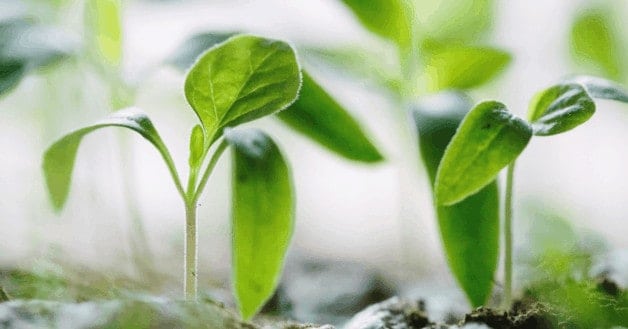Plants can produce a wide range of molecules, many of which help them fight off harmful pests and pathogens. Biologists have harnessed this ability to produce many molecules important for human health — aspirin and the antimalarial drug artemisinin, for example, are derived from plants.
Now, scientists at the Joint BioEnergy Institute (JBEI) are using synthetic biology to give plants the ability to create molecules never seen before in nature. New research led by Patrick Shih, director of Plant Biosystems Design at JBEI, and Beth Sattely of Stanford University describes success in swapping enzymes between plants to engineer new synthetic metabolic pathways. These pathways gave plants the ability to create new classes of chemical compounds, some of which have enhanced properties.
“This is a demonstration of how we can begin to start rewiring and redesigning plant metabolism to make molecules of interest for a range of applications,” Shih said.
Engineering plants to make new molecules themselves provides a sustainable platform to produce a wide range of compounds. One of the compounds the researchers were able to create is comparable to commercially used pesticides in their effectiveness, while others may have anti-cancer properties. The long-term goal is to engineer plants to be biofactories of molecules such as these, bypassing the need to externally spray pesticides or synthesize therapeutic molecules in a lab.
“That’s the motivation for where we could go,” Shih said. “We want to push the boundaries of plant metabolism to make compounds we’ve never seen before.”
JBEI is a DOE Bioenergy Research Center supported by DOE’s Office of Science.
Media Contact:
[email protected]
510-486-5183
If our reporting has informed or inspired you, please consider making a donation. Every contribution, no matter the size, empowers us to continue delivering accurate, engaging, and trustworthy science and medical news. Independent journalism requires time, effort, and resources—your support ensures we can keep uncovering the stories that matter most to you.
Join us in making knowledge accessible and impactful. Thank you for standing with us!

